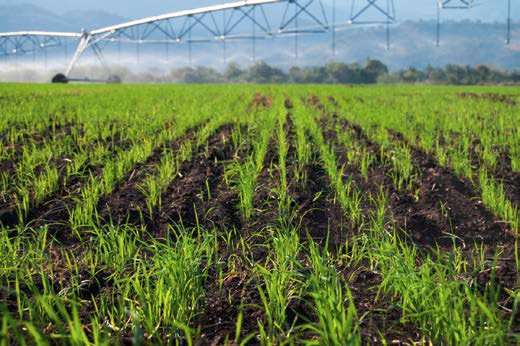
On December 16, 2016, the US Government released its new National Action Plan (NAP) on Responsible Business Conduct. The purpose of the NAP is to reinforce and strengthen the US Government’s role in advancing responsible business conduct (RBC) while fostering an environment that supports such conduct by businesses operating overseas. As a part of its commitment to promoting responsible business conduct, USAID is supporting Responsible Land-Based Investment Pilots under the Evaluation, Research and Communications (ERC) Task Order of the Strengthening Tenure and Resource Rights (STARR) IQC.
The Responsible Land-Based Investment Pilots began with a collaborative co-creation process that brought together eight teams to discuss and design projects that would implement the New Alliance’s Analytical Framework for Responsible Land-Based Investment in African Agriculture. Five teams moved forward to the proposal stage and of these, one—the Indufor, Moringa and Illovo consortium—was selected by a scientific review panel to move forward to award stage. Indufor, N.A., LLC presented a proposal to create an enhanced due diligence process for use by its partner, European impact investment firm The Moringa Partnership. Indufor’s initial focus will be on an enhanced review of a proposed investment to expand a cocoa plantation in southeastern Cameroon. Indufor will analyze and improve this due diligence approach over the course of the pilot.
In addition, in partnership with Illovo Sugar, Ltd., Indufor will develop a participatory approach to map and secure local land rights at an existing investment in Mozambique. Indufor will also help to develop a grievance mechanism for use by local stakeholders and a multi-stakeholder platform to support responsible land-based investments in Mozambique. Key goals for this pilot include reducing risk of harm to local communities and to investors while securing local land rights of women and men.

